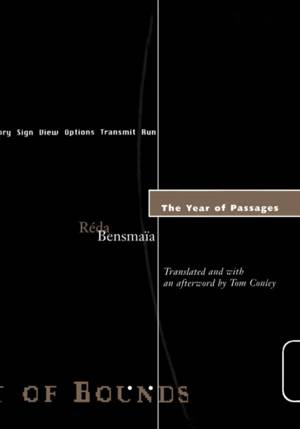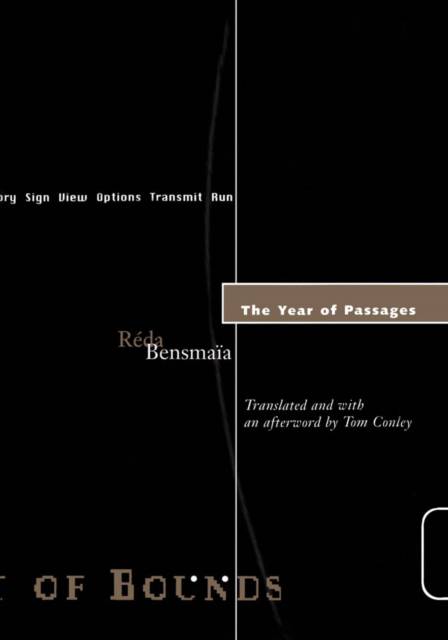
- Retrait gratuit dans votre magasin Club
- 7.000.000 titres dans notre catalogue
- Payer en toute sécurité
- Toujours un magasin près de chez vous
- Retrait gratuit dans votre magasin Club
- 7.000.000 titres dans notre catalogue
- Payer en toute sécurité
- Toujours un magasin près de chez vous
29,45 €
+ 58 points
Description
Straddling the boundary between fiction and nonfiction, this rich and unconventional novel provokes thought at the turn of every page. It is a tale of exile and passage, a tale that moves in multiple directions, full of gusto and rollicking irony.
The tale is narrated by a North African author who is now living in the United States because he has been condemned by religious fanatics after the publication of his novel entitled Dead Letters. He is disillusioned with literature, and his life events are beyond his control. He can only write, and he fabricates material from trends imposed on him by the American academy.Bensmaïa's knowledge of the history, the literature, and the philosophical ideas of our times underlies the novel without intruding into it directly. He offers, among other things, an important reflection on U.S. political culture, touching on issues ranging from foreign policy in the Middle East to the media's role in alternately demonizing Muslim cultures and fostering ignorance of them. In The Year of Passages, Bensmaïa has created a vibrant work that defies classification and promises to be a major event that compels the rethinking of the Western literary tradition.Spécifications
Parties prenantes
- Auteur(s) :
- Editeur:
Contenu
- Nombre de pages :
- 160
- Langue:
- Anglais
- Collection :
- Tome:
- n° 5
Caractéristiques
- EAN:
- 9780816623938
- Date de parution :
- 21-04-95
- Format:
- Livre broché
- Format numérique:
- Trade paperback (VS)
- Dimensions :
- 177 mm x 252 mm
- Poids :
- 376 g







